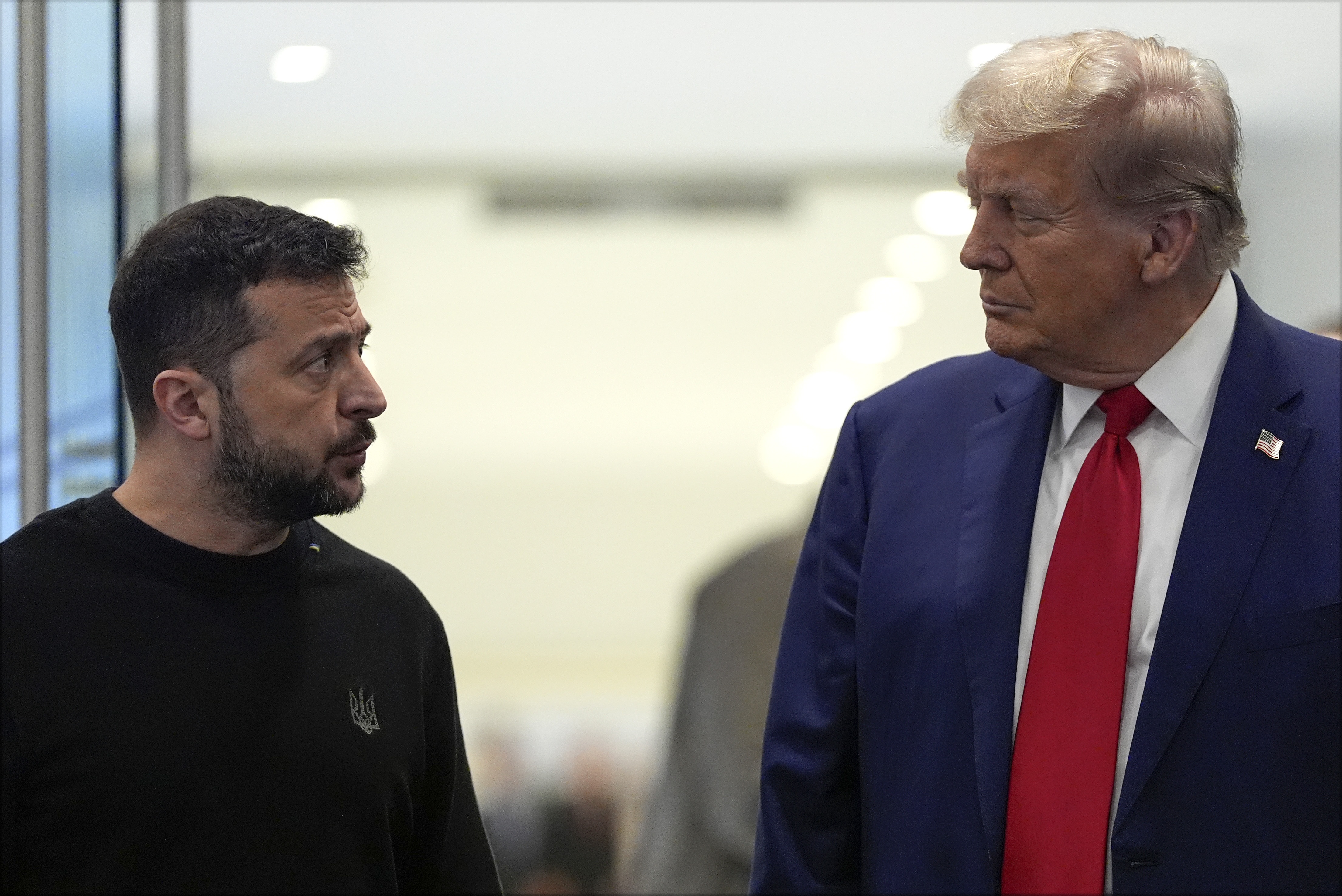Trump's Shift on Ukraine Military Aid: Prioritizing U.S. Stockpiles and Defense Readiness

Trump Criticizes Previous Military Aid to Ukraine, Citing "Depleted" U.S. Stockpiles
Shift in Military Support Policy
Donald Trump has stated that the United States was "depleted" by the transfer of weapons to Ukraine under Joe Biden's administration. According to Trump, the current policy now prioritizes the needs of the U.S. itself in light of concerns over reduced military inventories. This change comes after substantial arms shipments were made to Ukraine throughout the previous years.
Concerns Over U.S. Military Stockpiles
The issue of military stockpile depletion became a focal point of national discussion as the U.S. paused shipments of key weapons, including air defense missiles and precision munitions, to Ukraine. The Pentagon cited significant concerns about declining reserves, emphasizing that the shift in approach was intended to "put America's interests first." This realignment followed an internal review of U.S. support to international partners and reflected a broader strategy to safeguard American defense capabilities.
Political Responses and Policy Implications
The debate over arms transfers has highlighted contrasting views within the American political landscape. While some policymakers warn that halting or slowing deliveries could impact Ukraine’s defense against ongoing aggression, the current administration stands by the necessity of maintaining robust U.S. military readiness. Officials underscore that the strength and preparedness of American forces remain intact and that modernization efforts for homeland defense are ongoing.
Impact on U.S. and Global Security
Ukraine has relied heavily on American support for advanced weapons systems since the escalation of conflict in 2022. However, the recent pause in some deliveries reflects increasing scrutiny over how these commitments affect U.S. war-fighting capabilities. The Secretary of Defense and other officials assure that while support for Ukraine continues in various forms, preserving domestic military preparedness is now a clear priority and will guide future decisions.
Future Outlook
The approach to international military assistance appears to be evolving, with strategic reviews emphasizing the importance of balancing global responsibilities with national security interests. This shift signals a new era in U.S. foreign policy, where decisions regarding the provision of military aid are weighed carefully against the imperative of maintaining a fully equipped and ready armed force at home.
